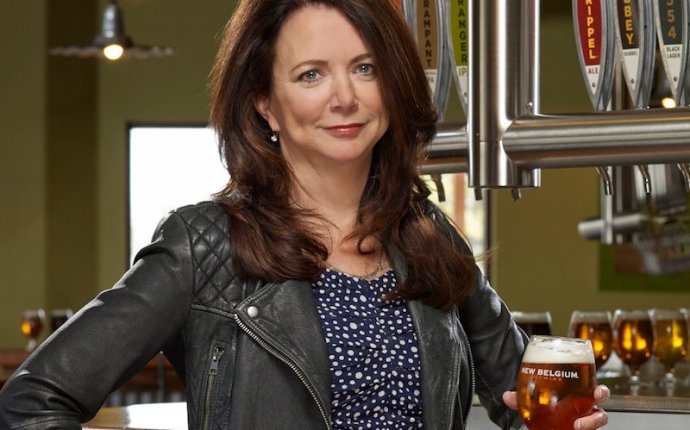
Who Owns New Belgium?
 New Belgium Brewing Company
New Belgium Brewing Company
Fort Collins, Colorado-based New Belgium Brewing Co. is one of the largest craft breweries in the country. Last year, it produced 914, 063 barrels and brought in $225 million in annual revenue.
If you ask Kim Jordan, the company's cofounder, former CEO, and current executive chair of the board, a key component to New Belgium's success has been the talented employees it's been able to attract and retain — which is part of the reason why workers now own the entire company and workplace anniversaries are celebrated lavishly.
Jordan — No. 13 on the BI 100: The Creators — began formally awarding stock to employees in 1995 after reading "The Great Game of Business, " a book by management expert Jack Stack. She was inspired by Stack's urge to apply open-book management, the practice of full financial and business transparency within the company.
"The inclination to have as flat a hierarchy as we could manage and a really trusting, transparent, engaged group of coworkers was really important to me, " Jordan told Business Insider in a recent interview.
By 2000, New Belgium officially transitioned to an Employee Stock Ownership Plan (ESOP), a type of retirement plan that awards employees stock in the company to be distributed upon their exit. In January 2013, Jordan announced to more than 450 thrilled employees at the company's biannual retreat that she sold her remaining 59% stake to the ESOP. New employees are now awarded stock upon their one-year anniversary at New Belgium.
 Kim Jordan, New Belgium cofounder and executive chair.Courtesy of New Belgium Brewing Company
Kim Jordan, New Belgium cofounder and executive chair.Courtesy of New Belgium Brewing Company
The sale codified Jordan's commitment to the well-being of her employees. Unlike other iconic craft breweries like Lagunitas, which have sold stakes to outside investors, Jordan's sale to the ESOP represents a conscious effort to fight the wealth gap, avoid cuts and layoffs a buyer might have demanded, and keep her employees involved in the future of the company.
Jordan called the practice of broadly shared equity "a form of honoring human capital and its contribution to a vibrant business milieu."
"Our purpose, the thing that guides us over the longest term, that we never really fully achieve, is to make our love and talent manifest, " Jordan said. "It's not just about making sure people get lots of perks, it's about building a community."









